Killing time in a Heathrow first-class lounge, I notice how many men adopt an unmistakable ‘first-class lounge’ persona. They stand like maquettes in an architect’s model (feet apart, shoulders squared, defining their perimeter) and bellow into mobiles like they’re the first person ever to need ‘rather an urgent word’ with Maureen in HR. Along with this ‘manstanding’ comes the ‘manspreading’ of jackets, laptops and newspapers (FT for show; Mail for dough) over a Sargasso Sea of seats. In many ways, ‘first-class-lounge persona’ echoes ‘country-house-hotel face’ — the affectations couples embrace during weekend mini-breaks. These include: pretending to be at ease in a Grade I Palladian mansion; summoning tea with a patrician wave; claiming to know about topiary; and throwing shade at new arrivals with the air of those for whom the house has ‘been in the family’ for hours.
Back in New York, anti-Trump voters are bereft that Michael Bloomberg has declined to toss his $38 billion net worth into the ring. I’d certainly have considered supporting an entrepreneurial candidate who is pro-choice, anti-gun, gay-friendly and comparatively sane. If only I had a vote. Which brings me to ‘DoubleCross’ — a disruptive online venture I’m planning with a pal, Rett Wallace. In the ‘sharing economy’ individuals monetise excess capacity — decluttering attics (eBay), renting rooms (Airbnb), driving cars (Uber). DoubleCross extends this logic to democracy. In their latest elections, 165 million Americans, 41 million Russians, 20 million Brits, and 234 million Indians didn’t vote. Many would have been only too eager to flog their franchise to the highest bidder. DoubleCross lets voters list the candidates they’d be prepared to back (no fascists or no Trots: whatever floats your vote), after which the world bids for their ballot. Once proof of voting (a polling-booth selfie) is confirmed, payment is released. DoubleCross will globalise every election from the Kremlin to the Knesset, the presidency to the parish council. My barrister friends warn that even if it proves legal, it wouldn’t stay legal for long. But they said that about Uber, now worth nearly two Mike Bloombergs.
Apple’s refusal to unlock a terrorist’s iPhone is, depending on your point of view, principled defiance or treacherous obstructionism. Yet I suspect the company took a third way: decrypting the phone in secret while fighting in public. This way Apple appears virtuous while keeping the authorities sweet; and the FBI gets its data while letting us believe our phones to be impregnable. It’s the same with Trident. The ‘Metternich move’ would have been to announce renewal with a fanfare but deploy dummy warheads — saving money, securing jobs, and doubling down on the ‘uncertainty principle’. Jeremy Corbyn’s plan is similar, except he told everyone.
The final printing of a newspaper is a bleak cultural watershed — like the razing of a library or the evisceration of an opposition party. So I greet the last paper edition of the Independent with despondency. The Independent played a formative part in my life: publishing my first article (a diary), and giving me work-experience in the darkrooms. It was there, under the expert eye of master-printer John Luff, that I learned to be a photographer — not through tuition, but by observing craftsmen at work. Back then, the Independent employed truly great snappers: Brian Harris, John Voos, Herbie Knott, David Ashdown — to name a few. Photography was taken seriously, reproduced beautifully and allocated generous real-estate. These photographers could shout ‘hold the front page’ neither in jest nor as a tiresome gimmick. (Glynn Griffiths’s shot of the 1988 Clapham Junction rail crash was startling as a full page-one splash.) Given the freedom to frame unexpected angles, hone a style and develop an audience, photographers became almost like columnists. It’s a mystery so few publications even attempt to emulate the Indy’s photographic golden age.
As I exited the minicab with a volley of thank-yous, my driver observed it was usually considered sporting to pay. Something, so conditioned by the cashlessness of Uber, I had completely neglected to do. Like all successful service apps, Uber eliminates the moments of friction at the start and end of a transaction. In New York, developers are jostling to establish the killer restaurant app that allows diners to book a table and then, after eating, depart without air-squiggling for a bill or attempting drunken tiponomics. We already spend 12–18 per cent more when using credit cards instead of cash; who knows how this will inflate when our phones are set to ‘auto pay’ and we float in an all-you-can-eat buffet of frictionless commerce.
Got something to add? Join the discussion and comment below.
Get 10 issues for just $10
Subscribe to The Spectator Australia today for the next 10 magazine issues, plus full online access, for just $10.
Ben Schott’s books include Schott’s Original Miscellany and Schottenfreude.
You might disagree with half of it, but you’ll enjoy reading all of it. Try your first month for free, then just $2 a week for the remainder of your first year.

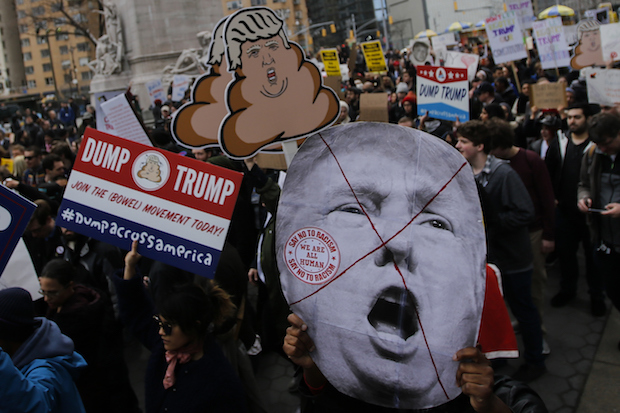

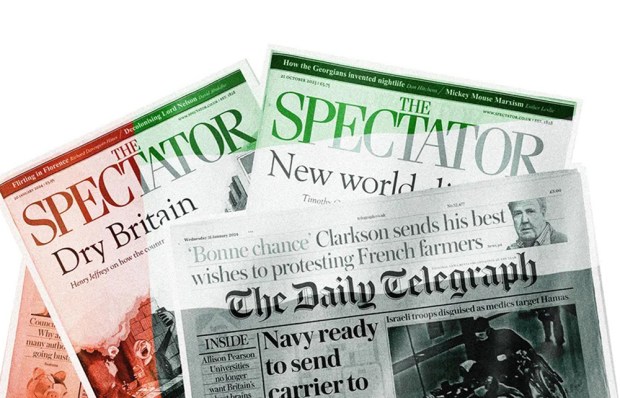
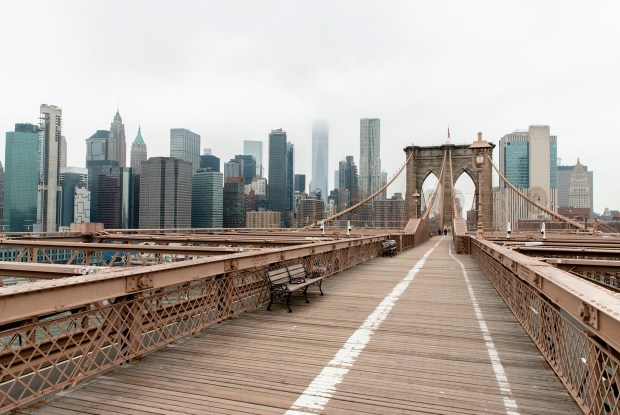
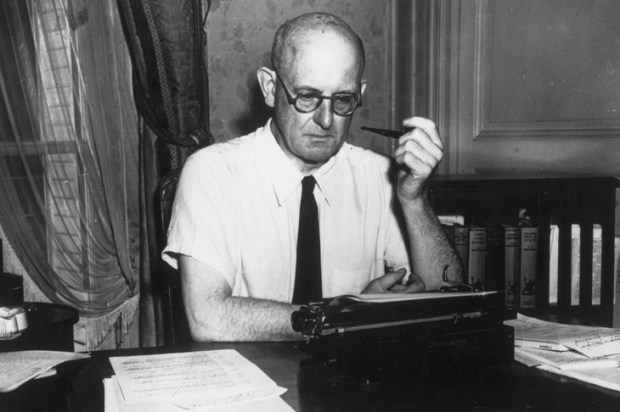
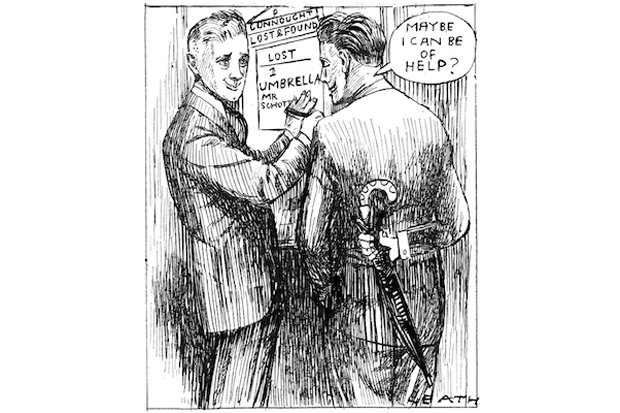
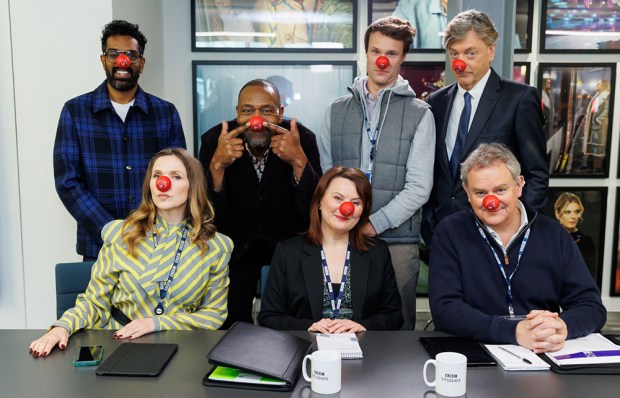






Comments
Don't miss out
Join the conversation with other Spectator Australia readers. Subscribe to leave a comment.
SUBSCRIBEAlready a subscriber? Log in